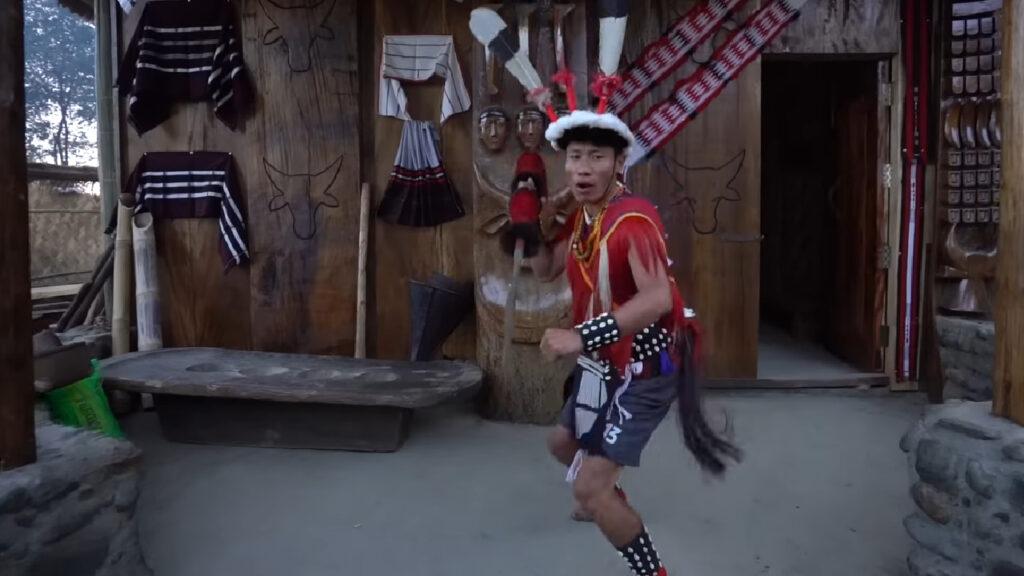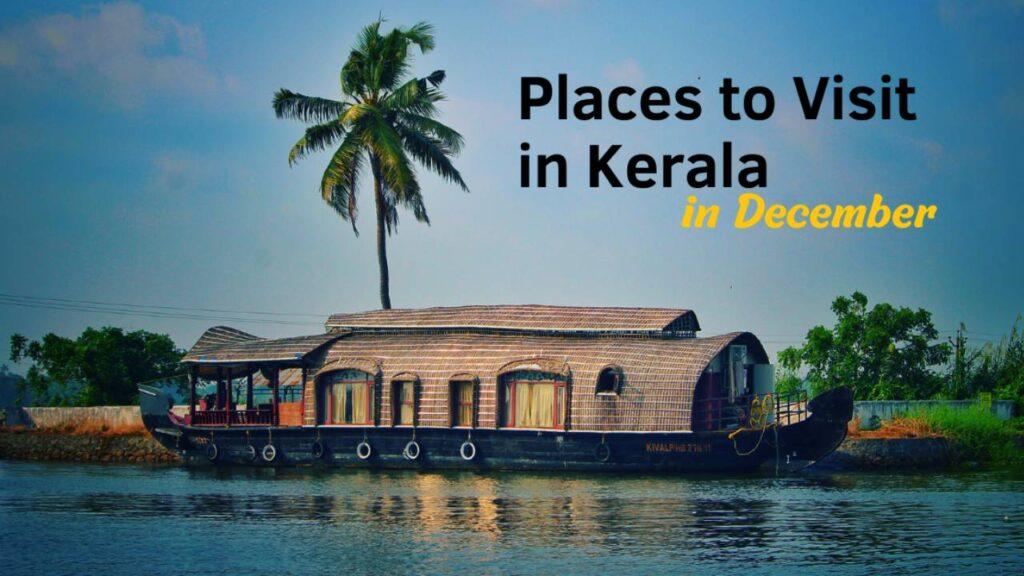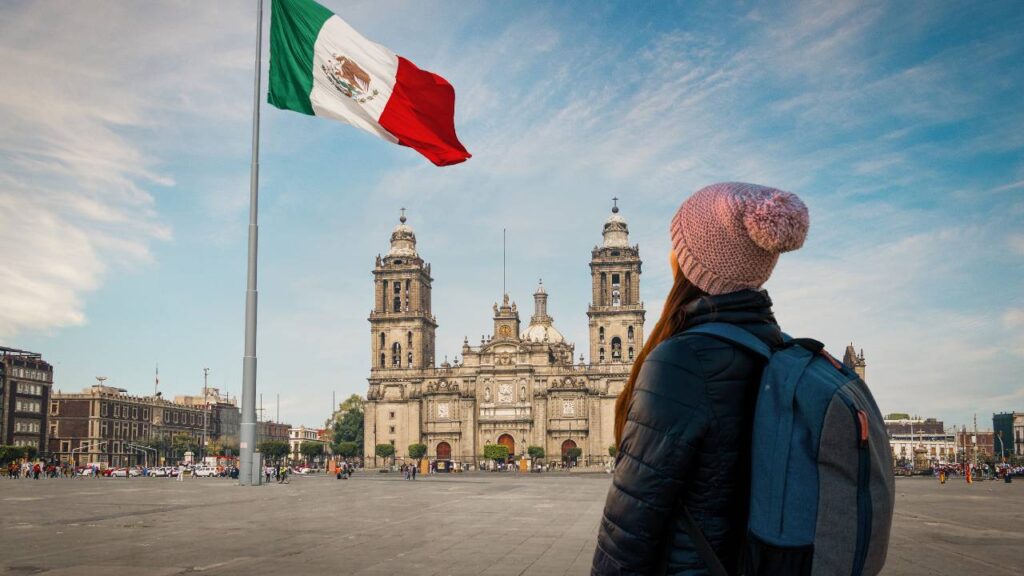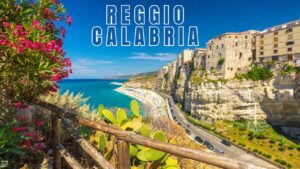Hornbill Festival in Nagaland is one of the most renowned and anticipated cultural festivals in India, attracting visitors from all over the world. Celebrated with grandeur, this festival offers a spectacular glimpse into the diverse traditions, culture, and heritage of the Naga tribes. Schedule, history, and the state where the Hornbill Festival is celebrated — Nagaland.
What is the Hornbill Festival in Nagaland?
Hornbill Festival in Nagaland is an annual event that showcases the rich culture of the Naga people. Named after the hornbill bird, which holds great significance in Naga culture, the festival is a vibrant display of music, dance, folklore, food, crafts, and tribal traditions. It is a celebration of unity in diversity, as the festival brings together the different Naga tribes and presents a rare opportunity to witness their distinct customs and practices.
It is often referred to as the “Festival of Festivals” in India because of the various tribal ceremonies, rituals, and cultural performances that take place during the event. The festival is celebrated with fervor and pride, highlighting the deep-rooted connection the Naga people share with their land, traditions, and community.
Where is the Hornbill Festival Celebrated?
Hornbill Festival is celebrated in the northeastern state of Nagaland, India. Nagaland is located in the hilly regions of the eastern Himalayas, bordered by Myanmar on the east, Assam on the west, Arunachal Pradesh on the north, and Manipur on the south. State’s capital, Kohima, is the main venue for the Hornbill Festival, where all the cultural events are organized at the Kisama Heritage Village, about 12 kilometers from Kohima city.
Nagaland is home to a rich array of indigenous tribes, and the Hornbill Festival is an event where these tribes come together to showcase their vibrant cultures, unique traditions, and age-old practices. Hornbill Festival is, therefore, a window into the heart of Nagaland’s tribal life and a must-see for cultural enthusiasts and travelers.
Hornbill Festival Nagaland 2024 Schedule: Date and Time
Hornbill Festival 2024 is set to take place from Sun, 1 Dec, 2024 – Tue, 10 Dec, 2024. During this period, visitors can experience a host of cultural programs and activities that reflect the distinct tribal customs and heritage of Nagaland.
Day 1: Sunday, 1 Dec, 2024 – Opening Ceremony (10:00 AM – 2:00 PM)
Festival kicks off with a grand opening ceremony at the Kisama Heritage Village. Opening day features a procession of tribes, showcasing traditional Naga attire, dance, and music. Event is marked by speeches from dignitaries, cultural performances, and lighting the festival torch, which signifies the beginning of the 10-day celebration.
Day 2-5: Monday, 2 Dec – Thursday, 5 Dec, 2024 – Traditional Dance and Music Performances (10:00 AM – 4:00 PM)
Throughout the festival, various Naga tribes perform their traditional dances and songs at the Kisama Heritage Village. Each tribe has its own unique dance style and musical instruments, and these performances provide a rich cultural experience. Tribes also display their traditional attire, jewelry, and handicrafts, which visitors can admire and even purchase.
To dance performances, the festival features folk songs, drumming, and live music, where both local artists and international musicians perform together.
Day 6-7: Friday, 6 Dec – Saturday, 7 Dec, 2024 – Handicrafts and Food Exhibition (10:00 AM – 6:00 PM)
One of the highlights of the Hornbill Festival is the handicrafts and food exhibition. Local artisans and craftspersons from various tribes display their handmade products, including pottery, textiles, bamboo crafts, wood carvings, and traditional jewelry. This is an excellent opportunity for visitors to purchase authentic Naga souvenirs and support local artisans.
Food exhibition offers a wide range of traditional Naga delicacies, such as smoked pork, bamboo shoot dishes, rice cakes, and the famous Naga chili. Visitors can savor the diverse flavors and experience the culinary traditions of Nagaland.
Day 8-9: Sunday, 8 Dec – Monday, 9 Dec, 2024 – Naga Wrestling and Hornbill Cup (10:00 AM – 5:00 PM)
Naga Wrestling Championship is one of the most anticipated events of the festival. It is a traditional form of wrestling that holds deep cultural significance for the Naga people. Competition features skilled wrestlers from various Naga tribes who showcase their strength and techniques in the spirit of friendly competition.
Alongside the wrestling tournament, the Hornbill Cup, a football competition, takes place, drawing teams from different parts of Nagaland and beyond. Both events are thrilling to watch and offer insight into the traditional sports of the region.
Day 10: Tuesday, 10 Dec, 2024 – Closing Ceremony (10:00 AM – 2:00 PM)
Festival concludes with a vibrant closing ceremony, where the best performers, artisans, and participants are awarded for their contributions to the event. Closing ceremony features a grand finale with a cultural extravaganza, marking the end of the 10-day celebration. Time to reflect on the unity and cultural pride that the Hornbill Festival fosters among the Naga tribes.
Throughout the festival, visitors can engage in various other activities, such as visiting traditional Naga village setups, exploring indigenous art exhibitions, and attending workshops on Naga folklore and traditions.
Hornbill Festival Nagaland History
Hornbill Festival has its roots in the 1960s when Nagaland’s government recognized the need to promote the state’s rich cultural heritage to the outside world. The idea was to create an event that would bring together the various tribes and showcase their customs and practices to preserve and celebrate the diversity of the region. First Hornbill Festival was celebrated in 2000 and was aimed at fostering unity among the diverse Naga tribes while offering a platform to showcase their cultural identities.
Festival is named after the hornbill bird, a symbol of the Naga people. The hornbill bird is known for its striking appearance and is deeply revered in Naga culture. It symbolizes strength, fertility, and the close relationship between the Naga people and nature. The bird is also used in various rituals and ceremonies among the tribes. By naming the festival after this majestic bird, the organizers aimed to highlight the importance of preserving both cultural heritage and the environment.
Over the years, the Hornbill Festival has grown in prominence, attracting tourists from all over the world. It is now one of the largest cultural festivals in India and plays a significant role in boosting Nagaland’s tourism industry. The event has also gained international recognition, as it provides a unique opportunity to experience the rich traditions of the Naga people, which are otherwise not widely known outside the region.
Hornbill Festival in Nagaland: Significance and Celebrations
Hornbill Festival is not just a cultural event; it also holds deep social and spiritual significance for the Naga tribes. Festival is an occasion for the tribes to reaffirm their cultural identity and pass down their traditions to the younger generations. It is also a time to celebrate the bonds between different Naga communities, as tribes that were once rivals come together to showcase their unity.
Festival provides an opportunity for the Naga people to reconnect with their roots, celebrate their achievements, and share their culture with the world. For visitors, the Hornbill Festival is a once-in-a-lifetime experience that offers a window into one of the most unique and vibrant cultures in India. From the captivating traditional dances and music to the mouth-watering food and mesmerizing crafts, the festival is a perfect blend of tradition, art, and modernity.
Hornbill Festival also serves as a platform for raising awareness about the importance of preserving indigenous cultures and protecting the environment. It highlights the Naga people’s close connection with nature and their commitment to conserving the biodiversity of their region. The festival’s emphasis on sustainable tourism practices and cultural preservation ensures that future generations can continue to celebrate the rich cultural heritage of Nagaland.
Hornbill Festival in Nagaland is a celebration of the region’s rich traditions, customs, and culture. It is an event that unites the Naga tribes, brings together people from different parts of the world, and provides a rare opportunity to witness the uniqueness of Naga life. 2024 edition of the Hornbill Festival, scheduled from Sun, 1 Dec, 2024 – Tue, 10 Dec, 2024, promises to be an unforgettable experience, with a packed schedule of events, performances, and exhibitions that showcase the very best of Nagaland’s culture.
For anyone interested in exploring the cultural heritage of Northeast India, the Hornbill Festival is a must-visit event. Mark your calendars for the 2024 Hornbill Festival and be a part of this incredible celebration of Naga traditions and hospitality!










